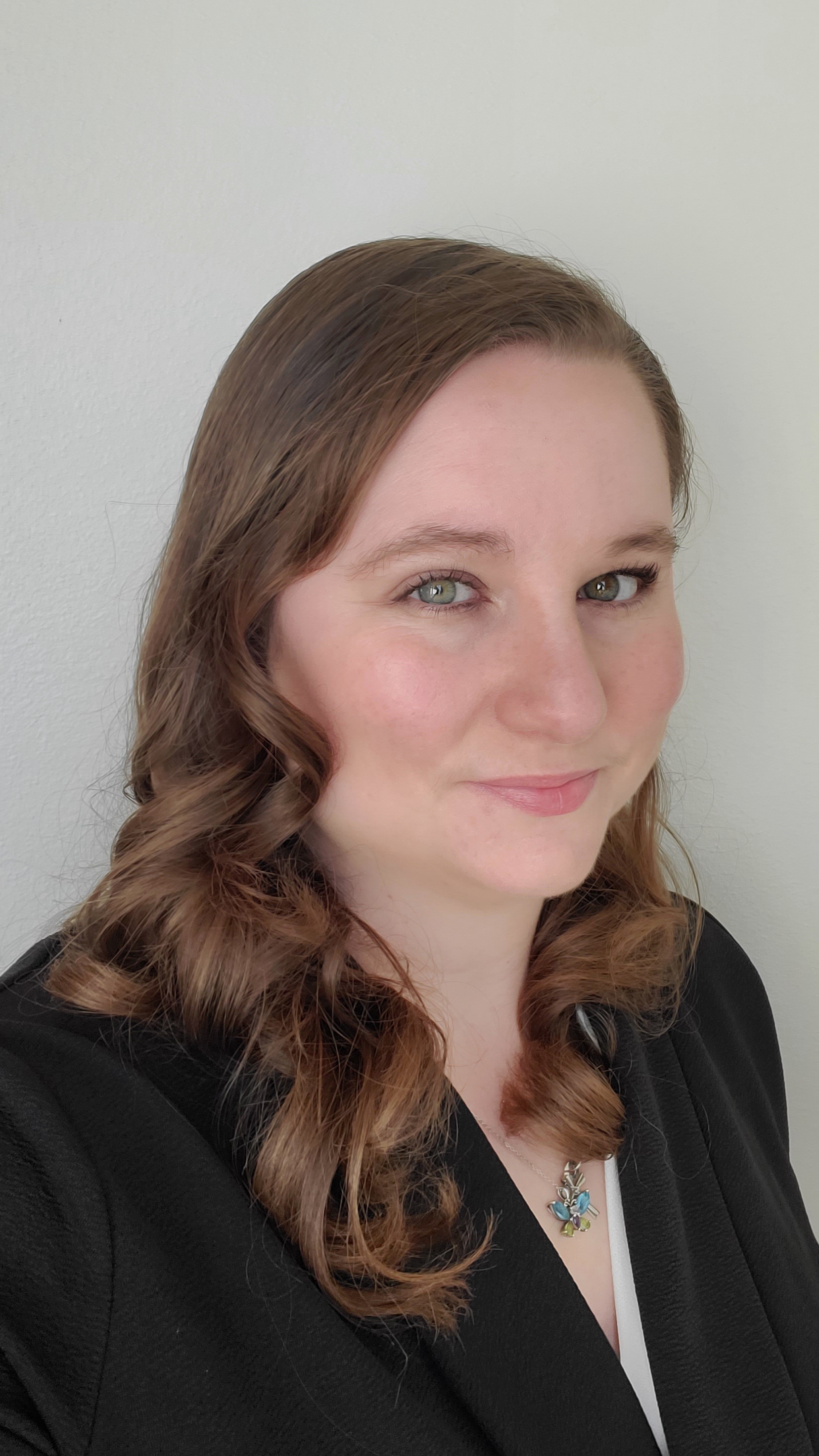Montana Tech nursing alumna makes informatics her specialty, connecting patient care and technology

Some of the basic principles of nursing have remained the same since the days of Florence Nightingale. Well-trained and compassionate nurses deliver transformational bedside care that improves the lives of their patients. Increasingly, however, technology is playing a pivotal role in making data-driven decisions that improve patient outcomes.
Rachael Clagett DNP, RN, NI-BC, a Sherry Lesar School of Nursing alumna, has made healthcare informatics her specialty. She is the manager of regional informatics and assistant chief nursing informatics officer for Billings Clinic, where she has worked since 2017.
“I do not think a lot of nurses truly know what Nursing Informatics is nor understand what a nursing informaticist is or does,” Clagett said. “Nursing Informatics is a relatively new nursing specialty which has grown in popularity with the adoption of electronic health records and reliance on technology in healthcare. Nursing Informatics is constantly evolving with advances in technology and was recently redefined by the American Nurses Association. Nursing informaticists are so important in healthcare as we bridge the gap between clinical and technical and advocate for our colleagues at the bedside. We aim to implement technology to complement clinical workflows rather than defining workflows based on technological capabilities.”
Clagett was introduced to the nursing field by a job shadow experience in high school that allowed her to watch her mother-in-law in action as a registered nurse. She earned her Associate of Science in Nursing from Montana Tech in June 2010 and a Bachelor of Science in Nursing with a minor in Healthcare Informatics from Montana Tech in 2011. She continued her studies at the University of South Alabama, where she earned a Master of Science in Nursing, and Doctor of Nursing Practice, both with concentrations in Nursing Informatics. Along the way, she’s worked as a wellness nurse in a senior living center in Butte, as an inpatient psychiatric nurse at Montana State Hospital, as a clinical informatics analyst for a hospital in Missoula, and as a systems consultant and nursing informatics supervisor for the Billings Clinic.
Clagett has advice for people interested in the field of Nursing Informatics.
“If you apply yourself, you can do anything, and if I can do it, you most certainly can,” Clagett said. “Specific to the Nursing Informatics specialty, it is important for nursing students who may be interested in Nursing Informatics to obtain clinical experience before diving right into Nursing Informatics. Experience as a bedside nurse will give you the foundation to be a better Nursing Informaticist. If this is a specialty you are passionate about, get involved! Become a superuser (of technology) and begin to look for things we can improve and act on. You can do this as a nursing student, a CNA, or after you obtain your nursing license. You can also join organizations such as HIMSS or ANIA, which have libraries dedicated to informatics education to learn more without pursuing formal education if you don't want to obtain a graduate degree.”